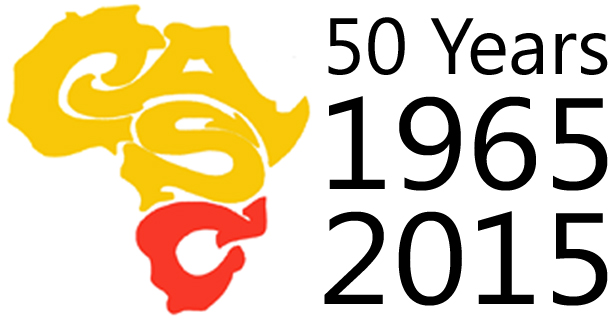Fertility, Gender and the Family in Twentieth-Century East Africa
Duration: 1 hour 6 mins
Share this media item:
Embed this media item:
Embed this media item:
About this item

| Description: | A talk by Dr Shane Doyle of the University of Leeds. |
|---|
| Created: | 2015-03-17 11:18 |
|---|---|
| Collection: |
Centre of African Studies
Centre of African Studies |
| Publisher: | University of Cambridge |
| Copyright: | Victoria Jones, Shane Doyle |
| Language: | eng (English) |
| Keywords: | Fertility; Gender; Family; East Africa; Reproduction; 20th century; |
| Abstract: | Human fertility has changed enormously in many East Africa societies over the past century, rising rapidly towards the end of the colonial period, and then, decades later, declining just as sharply, before stabilising at a relatively high level. This paper will consider East Africa's unusual reproductive history through a focus on gender and family relations. It will examine the varying importance of the older generation in reproductive decision-making by the young; how the changing nature of marriage has shaped fertility patterns; and whether the apparent shift in power from lineage to family has affected fertility strategies. In particular the paper will discuss how family and gender have influenced the use of postponing, spacing and stopping as mechanisms of fertility limitation in East Africa. Finally it will consider the impact of changing fertility patterns on gender and family, examining issues such as the rapid decline in female infertility seen in many societies, and the increase in the proportion of men who were able to marry and have children. |
|---|---|

